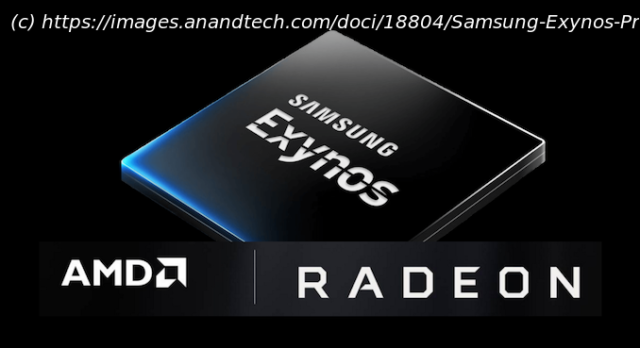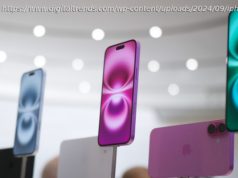Array
In a joint press release released this evening, AMD and Samsung have announced that the two companies are renewing their GPU architecture licensing agreement for Samsung’s Exynos SoCs. The latest multi-year deal between AMD and Samsung will see Samsung continuing to license AMD’s Radeon graphics architectures for use in the company’s Arm-based Exynos SoCs, with the two companies committing to work together over “multiple generations” of GPU IP.
The extension of the licensing agreement comes just shy of 4 years after Samsung and AMD announced their initial licensing agreement in June of 2019. The then-groundbreaking agreement would see Samsung license Radeon GPU IP for use in their flagship Exynos SoCs in an effort to get a jump on the mobile SoC market, tapping AMD’s superior Radeon graphics IP to get access to newer features and more efficient designs sooner than Samsung otherwise might have with their own internal efforts.
That initial licensing agreement came to fruition with what’s (so far) a single product: the Exynos 2200, and its RDNA2-based Xclipse 920 integrated GPU. The switch to AMD’s GPU designs allowed Samsung to ship cutting-edge, PC-level features such as hardware ray tracing and variable rate shading (VRS) in its Galaxy S22 phones, several months before its competition.
Unfortunately, the Exynos 2200 as a whole was a poorly received SoC. There are numerous reasons for this (more than we can get in to in a simple news piece), but above all else, Samsung’s 5nm-class lithography processes have proven to be a mess, with Samsung experiencing yield issues, and working chips underperforming chips based on rival TSMC’s 5nm-class nodes. The fab issues alone were bad enough to cause Qualcomm to jump ship from Samsung to TSMC mid-generation with the Snapdragon 8+ Gen 1, and for their latest generation Galaxy S23 phones, Samsung didn’t even bother to ship an Exynos variant.
Домой
United States
USA — IT Samsung and AMD Renew GPU Architecture Licensing Agreement: More RDNA Exynos Chips...






